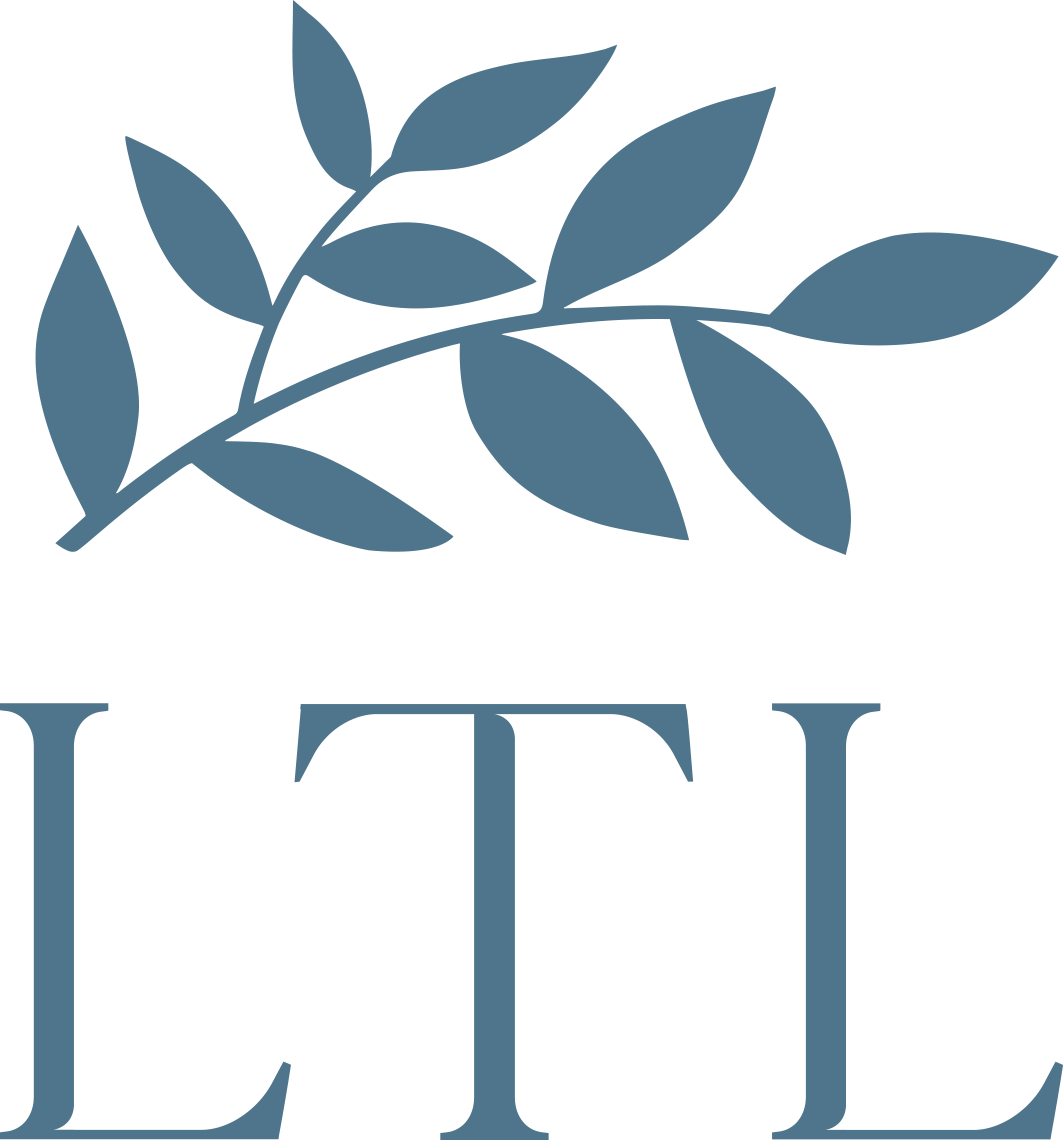Estate Planning: Why DIY Does Not CYA.
I like the do-it-yourself life as much as the next guy; I once even had a DIY blog called The Weekend Homemaker. My DIY pursuits ranged from making my own ketchup from tomatoes I had grown in my backyard to cutting old wine bottles into drinking glasses. What I learned from these endeavors is that adopting a do-it-yourself approach can be enjoyable and cost efficient for some things but downright dangerous for others.
Some online options have popped up to help people "DIY" their estate planning needs. I understand this impulse - writing a will seems straightforward enough and professional estate planning services by an attorney can be expensive. However, I would strongly urge those of you considering this option to proceed with caution, as do-it-yourself estate planning is very unlikely to provide you and your family with the protection that you're looking for. I will try to give a short explanation here of why that is the case, but feel free to reach out to me directly with any questions or if you'd like a more detailed explanation.
There are two main downsides to using these internet-based DIY tools: (1) the documents don't do what you think they do, and (2) there are a bunch of important documents not included at all.
First, these DIY offerings can lull their customers into a false sense of security that their affairs are sufficiently in order. One reason for this is that they don't sufficiently explain the difference between "will"-based estate planning and "trust"-based estate planning or provide personalized legal advice about how best to put your wishes into practice.
Clients who are not estate planning attorneys - and thus not necessarily well-versed in the legal landscape of trusts and estates - often assume that a will is the best place to list one's preferences for their property after they pass away. What they do not realize is that a trust provides some very valuable benefits that a will does not.
A will and a trust are essentially the same thing - a place to list your post-death wishes that can be edited or revoked at any time - with one major difference: all wills must go through probate court (with some minor exceptions) whereas properly-prepared trusts do not. More information about why this is important can be found here, but the gist is that probate is expensive, delays your family's access to your property, and makes all of your estate-related documents public record. Because of this, for most people a trust is significantly preferable to a will.
Because of the expense of going to probate, any cost savings achieved by completing a will online will undoubtedly be eliminated (and more) once the family has to go through this process. In addition, a DIY will that has not been prepared or vetted by an attorney may be completed incorrectly or unclearly, thereby greatly increasing the likelihood of discord and potential court battles among family members.
Second, clients who prepare wills online are limited to decisions about who should get their property and, possibly, who should care for their kids, after their passing. An attorney, by contrast, will offer both personalized and comprehensive estate planning for after the client's death as well as incapacity planning for during the client's life.
A revocable living trust will divide your property post-death according to your wishes but - unlike a will - can also provide important protections for your beneficiaries from creditors, from predators, and from themselves. Additional documents included with a trust, including financial and healthcare powers of attorney, HIPAA authorizations, and living wills, will allow you to dictate how you would like to be treated should you become incapacitated by injury or illness. With these documents, you will be able to dictate who should pay your bills while you are unable to, request that you be kept in your home if possible, and provide guidance regarding what to do if it is determined that you are in a permanent vegetative state. These documents are not included in most DIY offerings.
There are so many stories of people trying to protect their families by completing a will online, only for their families to suffer financial consequences and inter-family fighting as a result (some of these stories can be found in this task force report by the American Bar Association). If you have very few assets, a DIY will might be sufficient. However, for the vast majority of people, this option does not provide the protection that you seek for yourself or your family. If you have any questions, more information about the benefits of professional estate planning can be found here or you can always reach out to me directly. I'm happy to help!
